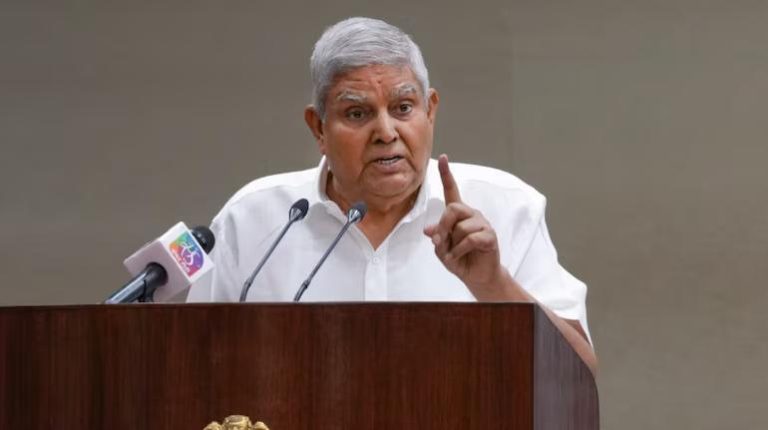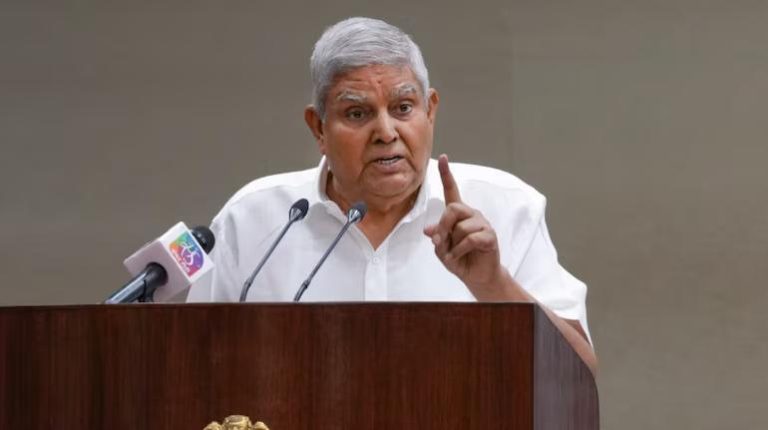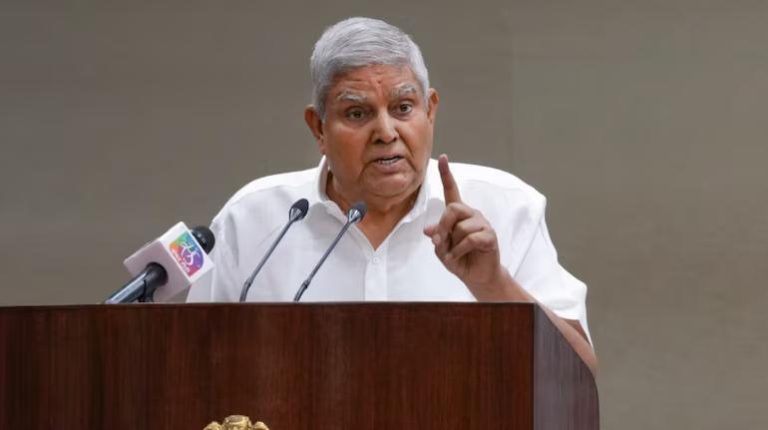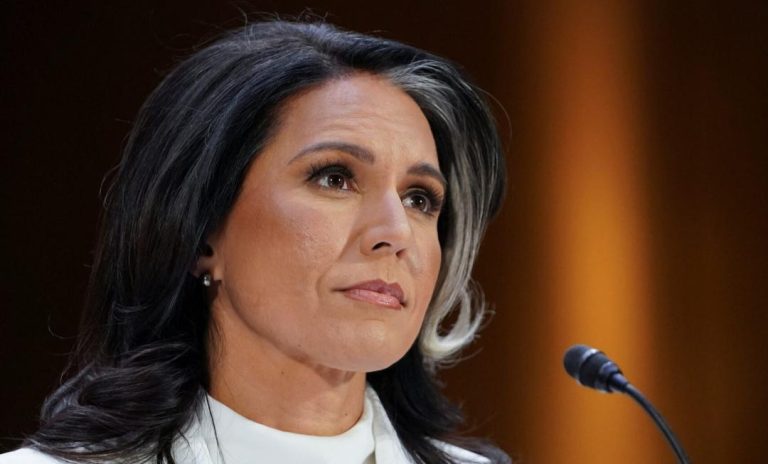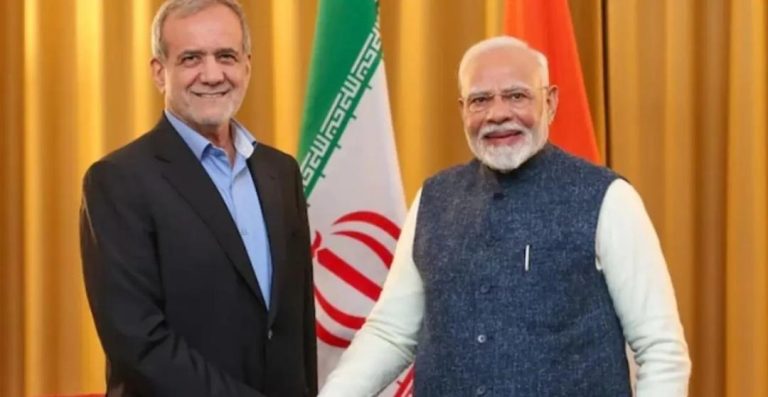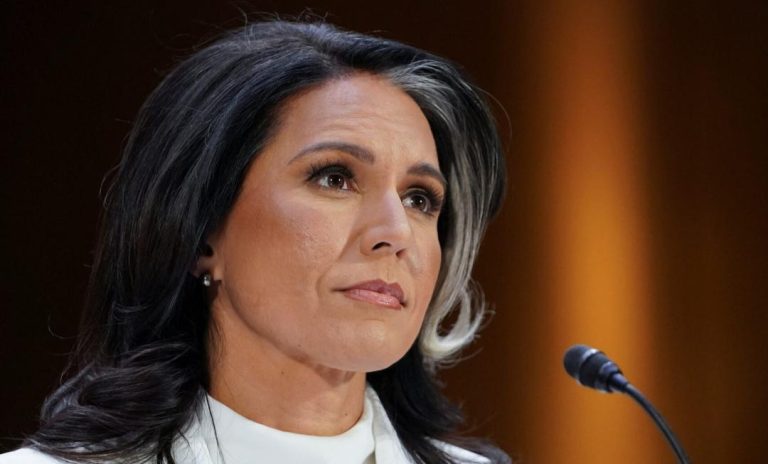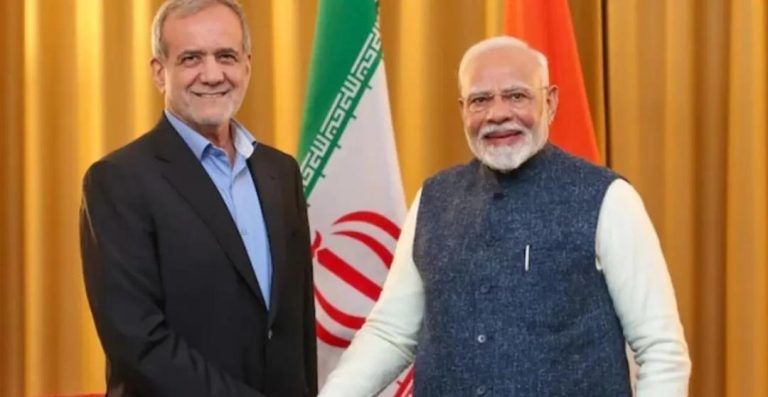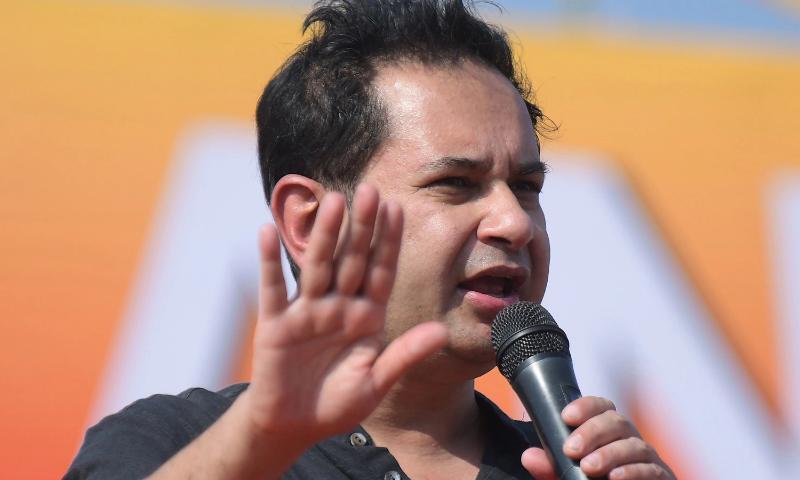
TMP’s Pradyot Calls for Snapping Ties with Bangladesh
The recent developments in the neighboring country of Bangladesh have sparked a fresh wave of controversy, with Tipra Motha Party (TMP) founder and royal scion Pradyot Kishore Debbarman urging the central government to snap all diplomatic ties with the country. Debbarman’s call comes in the wake of Bangladesh’s interim government being led by Md Yunus, who is not a democratically elected leader.
According to reports, Debbarman made this statement at a press conference held in Agartala, the capital city of Tripura, where he emphasized the need to re-evaluate India’s relationship with Bangladesh. He believes that maintaining diplomatic ties with a country that is not governed by a democratically elected leader is unacceptable and goes against the principles of democracy.
Debbarman’s statement has sent shockwaves across the political spectrum, with many questioning the validity of his claims. However, the TMP leader is adamant that his stance is justified, citing the history of tensions between the two countries. “We have had our share of problems with Bangladesh, from border disputes to illegal immigration,” he said. “Maintaining diplomatic ties with a country that is not governed by a democratically elected leader is a recipe for disaster. We need to take a stand and show that we will not tolerate such behavior.”
The TMP leader’s call to snap diplomatic ties with Bangladesh has sparked a heated debate, with many experts weighing in on the issue. Some argue that cutting ties with Bangladesh would be a drastic measure that could have far-reaching consequences for regional stability. Others believe that Debbarman’s stance is justified, given the history of tensions between the two countries.
One thing is certain, however – the issue of diplomatic ties with Bangladesh is a complex one that requires careful consideration. The Indian government has traditionally maintained a policy of engagement with Bangladesh, despite the many challenges that have arisen over the years. However, Debbarman’s statement has raised questions about the sustainability of this approach.
The issue of Md Yunus, the head of Bangladesh’s interim government, is a contentious one. Yunus has been accused of being a military-backed leader who has imposed a state of emergency in the country. This has led to widespread protests and calls for his resignation. Debbarman’s statement is seen as a reflection of the growing unease among many Indians about the direction of Bangladesh’s politics.
The TMP leader’s call to snap diplomatic ties with Bangladesh is also seen as a reflection of the growing tensions between the two countries. In recent years, there have been several incidents of violence along the border, including the killing of Indian soldiers. Debbarman believes that these incidents are a result of Bangladesh’s failure to take effective action against anti-India elements operating from its soil.
The Indian government has traditionally maintained a policy of engagement with Bangladesh, despite the many challenges that have arisen over the years. However, Debbarman’s statement has raised questions about the sustainability of this approach. In recent years, there have been several incidents of violence along the border, including the killing of Indian soldiers. Debbarman believes that these incidents are a result of Bangladesh’s failure to take effective action against anti-India elements operating from its soil.
The issue of border management is a critical one, and one that requires careful consideration. Debbarman believes that the Indian government needs to take a firmer stance with Bangladesh on this issue. “We need to make it clear to Bangladesh that we will not tolerate any further violence along the border,” he said. “We need to take a stand and show that we will not be intimidated by Bangladesh’s aggressive behavior.”
Debbarman’s statement has sent shockwaves across the political spectrum, with many questioning the validity of his claims. However, the TMP leader is adamant that his stance is justified, citing the history of tensions between the two countries. “We have had our share of problems with Bangladesh, from border disputes to illegal immigration,” he said. “Maintaining diplomatic ties with a country that is not governed by a democratically elected leader is a recipe for disaster. We need to take a stand and show that we will not tolerate such behavior.”
In conclusion, the issue of diplomatic ties with Bangladesh is a complex one that requires careful consideration. While Debbarman’s statement has raised questions about the sustainability of India’s engagement with Bangladesh, it is clear that the Indian government needs to take a firmer stance with Bangladesh on several key issues. The issue of border management is critical, and one that requires careful consideration. Debbarman’s call to snap diplomatic ties with Bangladesh may be seen as extreme by some, but it is clear that the Indian government needs to take a stand and show that it will not be intimidated by Bangladesh’s aggressive behavior.
